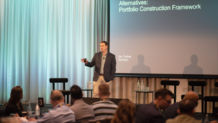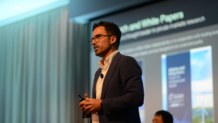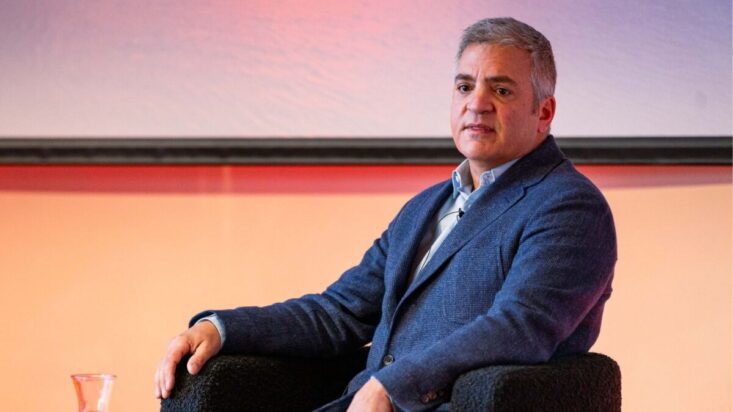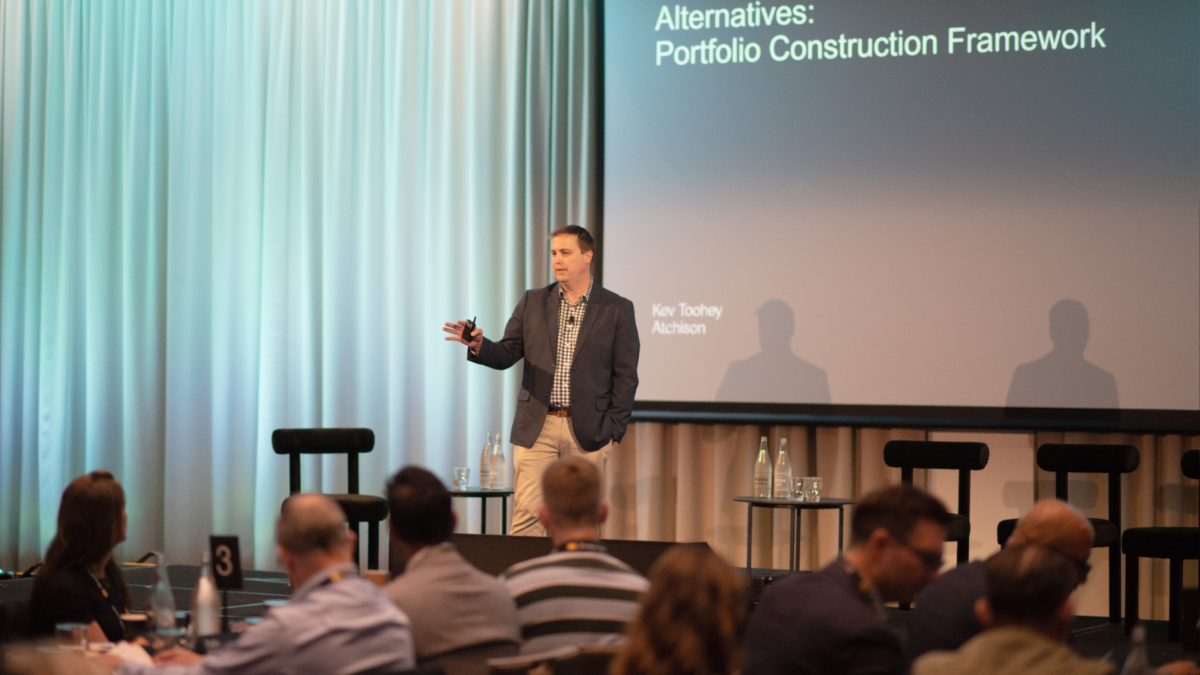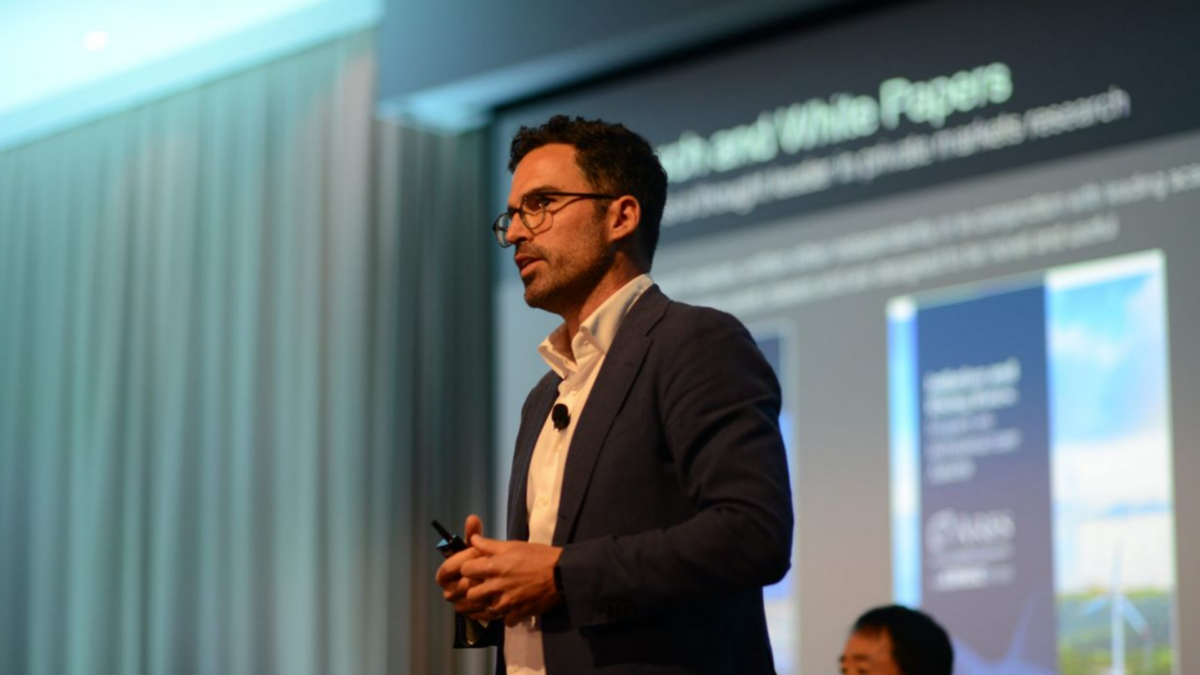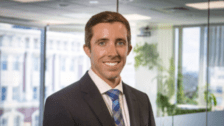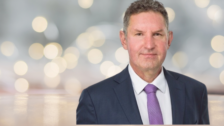How Victor Smorgon Group opened its doors to outside money
Family offices are typically fairly secretive, responsible not just for investing sometimes vast amounts of wealth but protecting the interests of the family it belongs to. It is rare for a single family office to talk about its investments, let alone allow the general public to access its investment expertise.
But Victor Smorgon Group (VSG), the family office of the Smorgon family, did just that – though it seems to have come fairly naturally.
“I think it’s traditional for family businesses to bring in family and friends, and some of the managers like to invest in some of the deals. A lot of family members are always looking for something to do,” Peter Edwards, CEO of Victor Smorgon Group, told The Inside Network’s Investment Leaders Forum in Queenstown, New Zealand. “I’d say that the journey of a family office is probably like a fund manager from the beginning anyway, it’s just that you don’t necessarily work under an AFSL. You don’t have the same privacy and regulations; you have your own version of governance, but it’s not necessarily public governance.
“We woke up one day and realised that we had a $100 million of external assets under management and thought that we better get an AFSL… There’s that philosophy that you don’t need a licence under 25 individuals, and we had less than 25 individuals, but we thought we’d better do it properly.”
The Smorgon family came to Australia from Ukraine in 1927 to escape antisemitic purges and opened a family kosher butcher shop to supply Melbourne’s growing Jewish population, which numbered 15,000 but had only two kosher butchers to choose from. They moved into meat exporting, canning, paper, glass and steel, and Smorgon Consolidated Industries eventually became the largest private company in Australia by 1995 before the family mad the decision to “sell everything – down to knives and forks” and distribute the money between the family groups to do with what they want.
Some decided to sit on the beach; some decided to start a family office. But opening the doors to outside money doesn’t change the way that family offices invests, Edwards thinks; the way it invests “becomes the attraction”.
“There is some nuance in the process… I think that having an operating business background we’re used to large investments in large companies that are overweighted in a strategic portfolio, and that’s probably something that we’ve tempered a little bit.”
Gold is VSG’s “biggest theme” at the moment, and about 15 per cent of the Global Multi-Strategy Fund, open to wholesale investors and run by Victor Smorgon Partners, its investment manager. The fund represents all its liquid investments, but it also runs a gold fund, and owns a gold mine. It invests in decarbonisation by boiling themes like data centres and electrification down to copper; a material we need to produce as much of in the next 30 years as we did in the last 3000.
“The world needs to put on an Escondida mine, which is the largest copper mine in the world, every year for the next 10-20 years, and mining rates are declining,” Edwards said.

